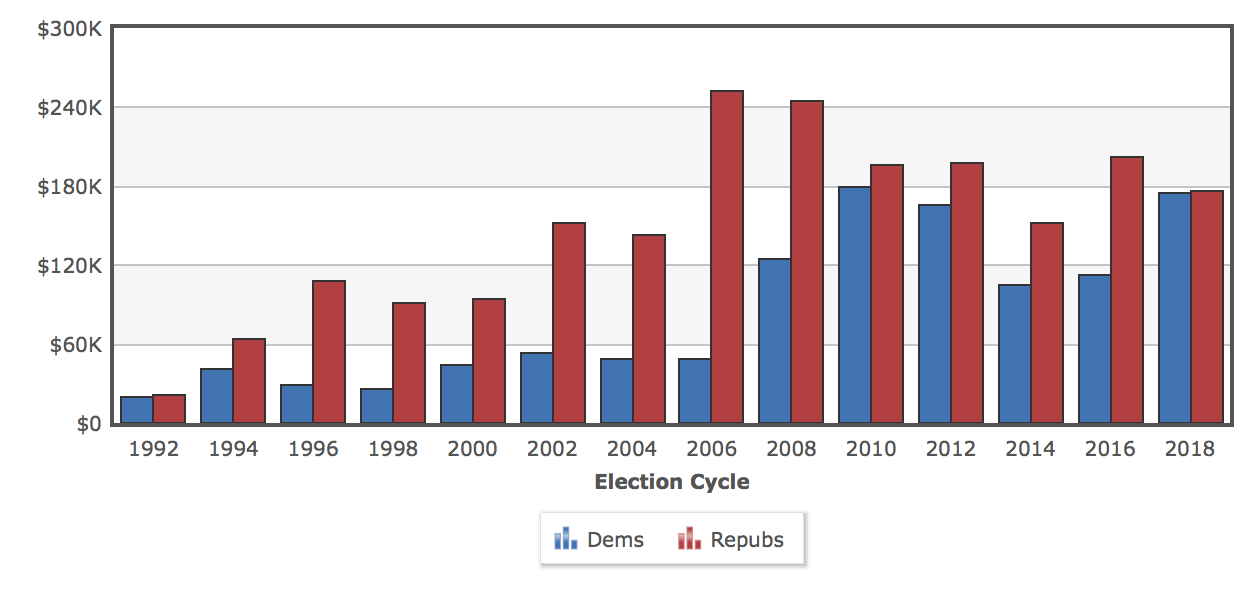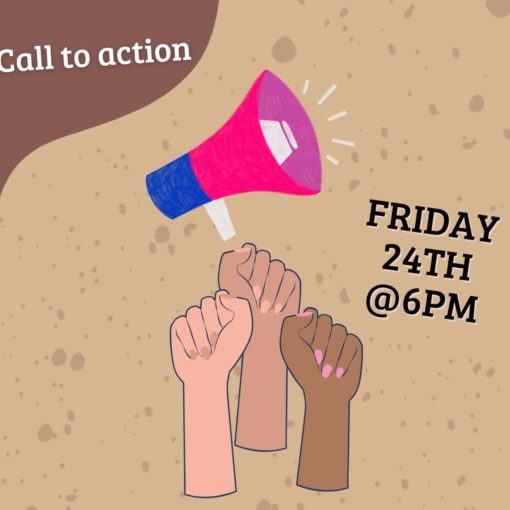The newest attempt at corporate social justice is upon us again. Gillette,which makes men’s and women’s razors, recently came out with an advertisement decrying so-called “toxic masculinity.” If you watch the advertisement you can see a number of different scenarios, from bullying to catcalling, all with men eventually attempting to stop whatever might be happening. Following the release of the advertisement, the name “Gillette” has been in the mouth of anyone with an opinion. Mentions of Gillette have also been all over social media along with the suggestion that men are angry about the content of the video. Well, I’m a man and I am angry about the video, but not for the reasons you might imagine.
First, I think it would be best if I addressed the content of the ad for a moment. I’m not angry about the message at all. All of the things expressed in the video are perfectly fine by me. I seem to be among the minority of men who feel that way. At the time of writing the YouTube video of the advertisement has over one million dislikes compared to seven hundred thousand likes. Put simply, the aspects of masculinity depicted as negative in the video are not a part of my masculinity and I do my best not to associate with those whose masculinity includes those aspects. The video is also dead on when it seems to suggest that the best way to combat negative male behaviour is to lead young men by example. If catcalling, bullying, or sexual assault are a part of your masculinity I think you would struggle to find a person that would call you a man.
This brings us to what does make me angry about the video. With references to toxic masculinity, the Me Too movement, and combating bullying, it might seem to the viewer that Gillette is making a political move here. In reality, the company is trying to capitalize on the dominant narrative of the day. In other words, it seems to me that Gillette is intentionally trying to manufacture controversy to sell more product. In the world of sales no publicity is bad publicity and the company knows that. This isn’t the first time a company has tried this.
Nike was the last to use a similar campaign. After Colin Kaepernick famously knelt during the anthem at an NFL game Nike took him on as a spokesperson and profits for the athletic gear manufacturer reached an all time high. Gillette is likely following suit. What if we dig a little deeper?
If you look at the political candidates that the company donates money to, it becomes clear that Gillette and their parent company Procter and Gamble (P&G) are not particularly interested in bringing positive change to America. According to the Federal Election Commission of the United States, the Procter and Gamble Political Action Committee (P&G PAC) has overwhelmingly contributed to federal Republican campaigns over the last twenty years. The contributions range in value but are usually upwards of a thousand dollars per candidate. Basically this means that P&G are supporting candidates who regularly vote against things like women’s reproductive rights. For example, the P&G PAC gave four thousand dollars to Ohio Republican Robert Latta who voted in favour of limiting abortion rights in October of 2017. He also cast similar votes in 2015 and 2016. The list of Republicans at the House and Senate level that receive money from P&G is a long one. This is worth our attention.
Can a corporation be “woke” or are they merely capitalizing on the recent recognition of certain inequalities to sell you more things? I think the answer to this is very simple. If you concern yourself with the social message that a company puts out to you then you’ve already lost. Companies like Gillette and Nike have one mission, which is to sell product. If it truly is a personal intention of yours to support ethical companies, then you should first consider where they spend their money rather than where you choose to spend yours. When it comes to our age of consumerism you can always be better, but not because companies like Gillette are telling you to be.
Christopher Vanderburgh is a fifth year Politics student and Features Editor of The Athenaeum





